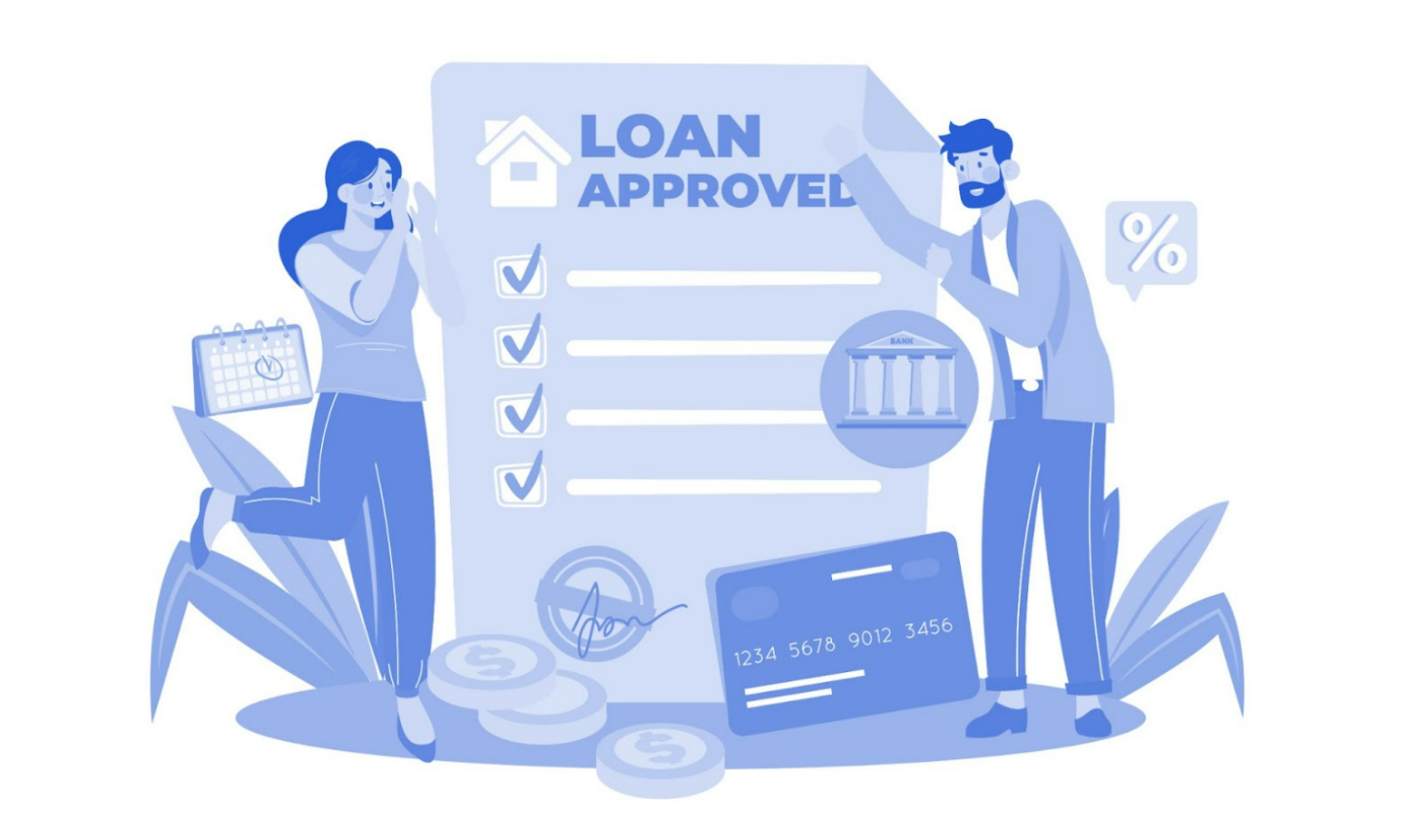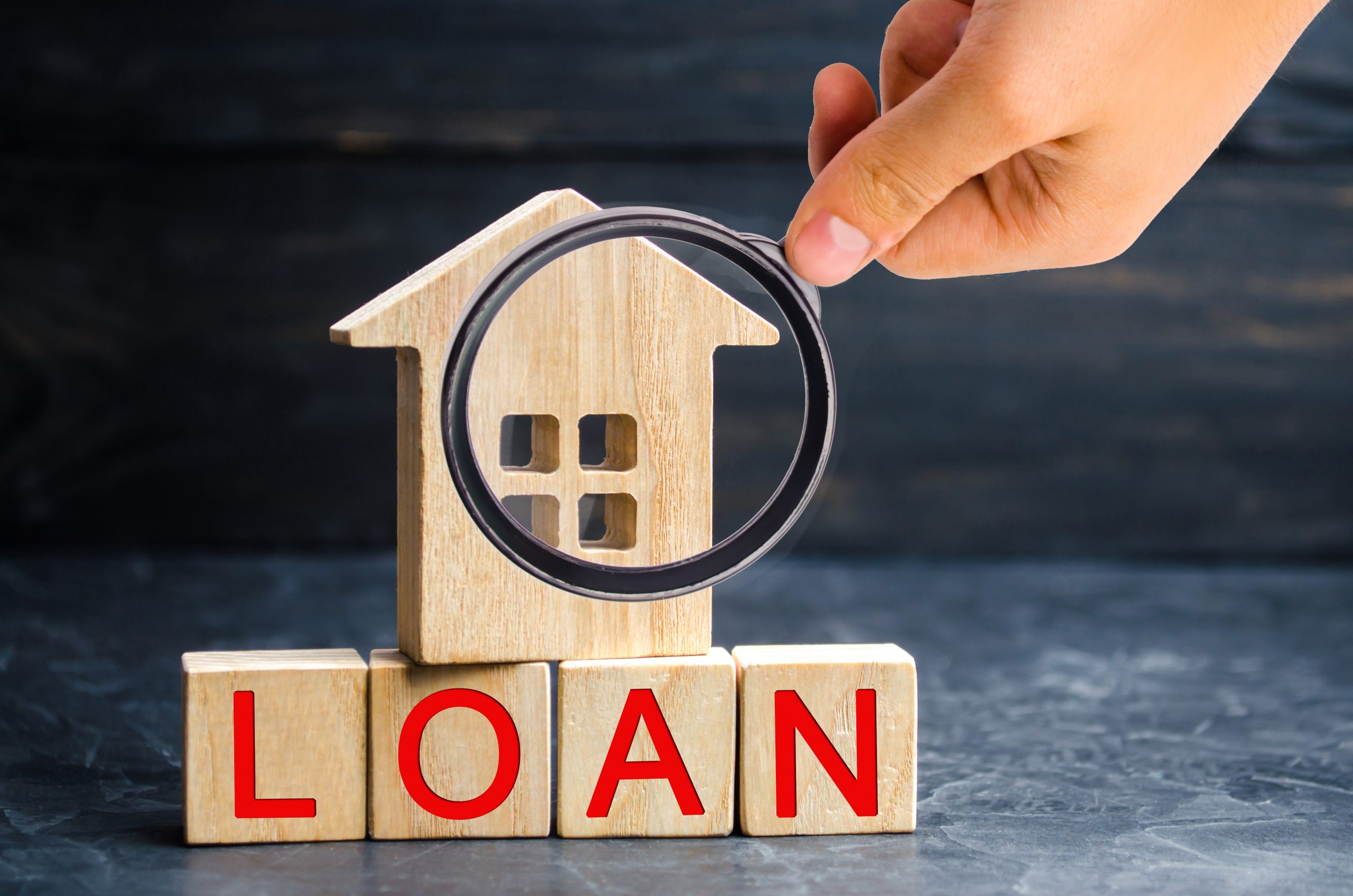Things To Know Before Becoming A Guarantor For A Home Loan
Becoming a guarantor for a home loan is a significant responsibility that involves more than just offering a signature. While helping a friend or family member secure a home loan can be a generous gesture, it’s crucial to fully understand the implications and responsibilities associated with this role. Before committing to be a guarantor, here are key things you should know.
Understanding the Role of a Guarantor
A guarantor is someone who agrees to take responsibility for the repayment of a loan if the primary borrower defaults. In the context of a home loan, the guarantor assures the lender that they will step in and make repayments if the borrower is unable to do so.
Financial Implications
Before agreeing to be a guarantor, thoroughly assess your own financial situation. Becoming a guarantor means you are legally obligated to repay the loan if the primary borrower cannot. This responsibility could impact your credit score and financial stability.
Impact on Your Credit Score
As a guarantor, your credit history is linked to the home loan. Any defaults or late payments by the primary borrower can adversely affect your credit score. It’s essential to be aware of this potential impact on your creditworthiness.
Legal Obligations
Being a guarantor involves signing a legally binding agreement. Understand the terms and conditions of the guarantee, and seek legal advice if necessary. Be aware that, in the event of default, the lender has the right to pursue legal action against you to recover the outstanding amount.
2. Higher Loan Amount
With an increase in eligibility, the sanctioned loan amount is likely to be higher. This allows homebuyers to explore properties in a more extensive price range.
Open Communication
Maintain open and transparent communication with the primary borrower. Understand their reasons for needing a guarantor, and discuss the details of the home loan, including the repayment plan and potential challenges they may face.
Impact on Your Borrowing Capacity
Being a guarantor can impact your ability to borrow for yourself. Lenders consider the guaranteed amount as part of your liabilities when assessing your borrowing capacity. This could affect your eligibility for future loans or credit.
Conclusion
Being a guarantor for a home loan is a substantial commitment that requires careful consideration. While it can be a positive way to support a loved one in their homeownership journey, it’s essential to weigh the potential risks and understand the legal and financial implications. Open communication, seeking professional advice, and maintaining awareness of your own financial situation are critical elements in making a well-informed decision. Before taking on the role of a guarantor, ensure that you are fully prepared for the responsibilities that come with it.









